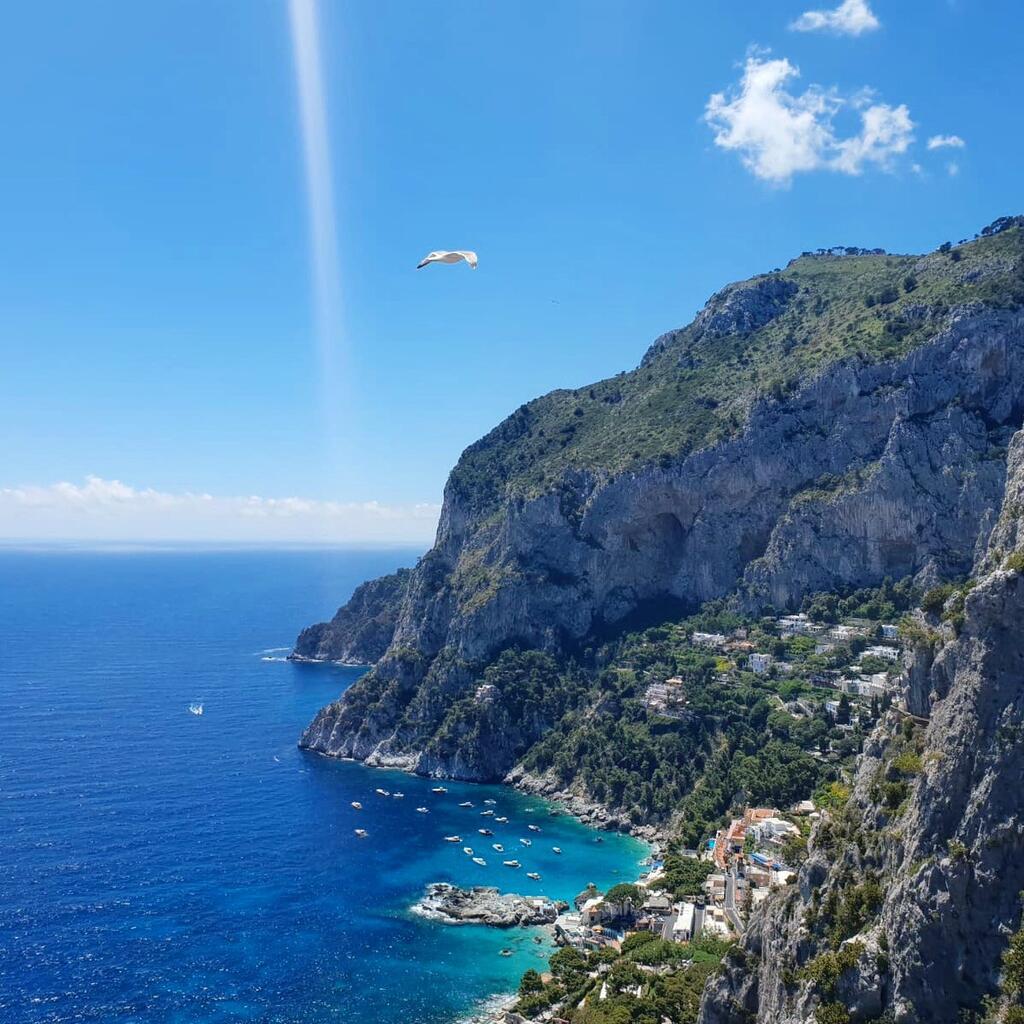Getting your Trinity Audio player ready...
The Italian island of Capri, known for its luxury tourism, faced a severe water shortage due to a burst aqueduct in Castellammare di Stabia, leading to a temporary ban on tourist arrivals.
The Italian island of Capri, known for its luxury tourism, faced a severe water shortage due to a burst aqueduct in Castellammare di Stabia, leading to a temporary ban on tourist arrivals.
After successful efforts to secure water supplies, including water shipments and tankers, and fixing a technical issue preventing water importation from the mainland, the ban was lifted on Saturday evening.
Capri is a popular Italian destination, attracting a large number of tourists during the summer. The average tourist spends four days on the island off the coast of Naples.
The mayor, Paolo Falco, initially described the situation as a "real emergency," with local water tanks running out of supplies. Residents were allowed to collect up to 25 liters of drinking water per household from a supply tanker.
Morning ferries from Naples and Sorrento were turned away during the ban.
After the water shortage became less severe, the mayor announced a less restrictive order, allowing residents, second-home owners, and tourists with hotel bookings back on the island. Hotels were made responsible for ensuring water availability.
This article was written in collaboration with Generative AI news company Alchemiq
Sources: NBC News, Yahoo News, The Orcasonian, Reformer, U.S. News, Bworld Online, and The Bharat Express News.


